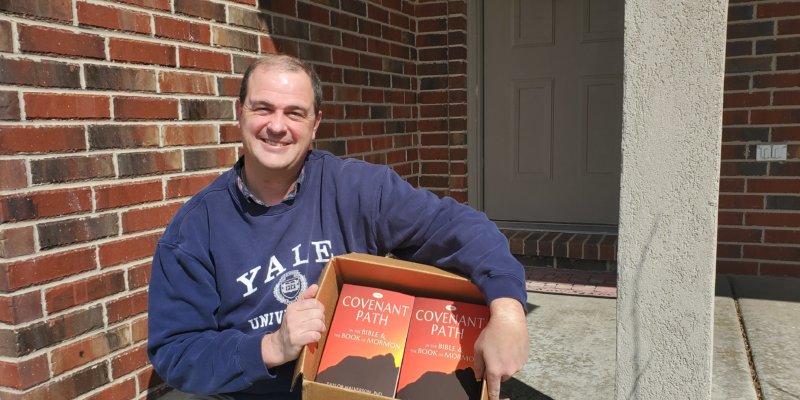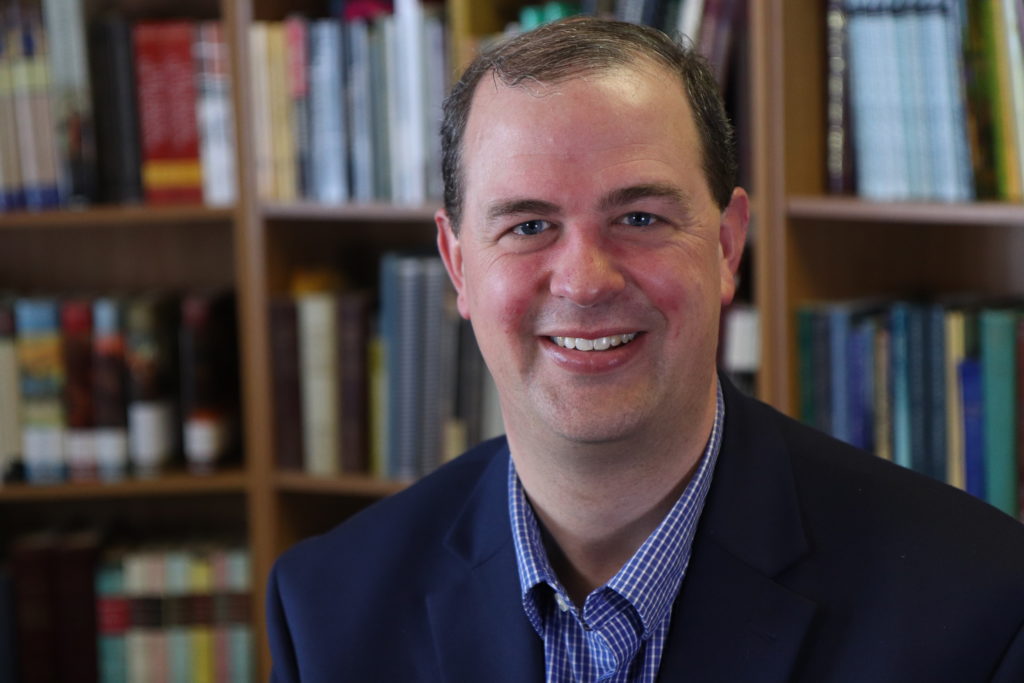Universally (nearly, at least) undergraduate education starts with a bunch of general education courses that all students must complete before graduation. These courses are taught as introductions to specific fields and/or as weed-out courses. That is, they are meant to either entice a student to major in a topic or to exclude someone from majoring in a topic. This approach has many challenges. One of the key purposes of the general education courses it to provide learners with a broad perspective of the world. However, when classes are taught as gate-keeping courses, most students simply see the courses as hoops to jump through. The larger purpose of helping students see broadly, diversely, or in integrated manner is not necessarily achieved.
But I am not here to try to resolve that problem in the typical way. My recommendation is a bit more radical. Having taught courses on Creativity for several years at BYU, I’ve come to realize how important it is that students are trained both with depth and breadth. They should graduate as “T”s. Unfortunately, the professors that teach students are “I”s, very siloed in their disciplines with little experience in teaching and learning in interdisciplinary or integrative ways (that is a problem of the structure of rewards and punishments in Higher Ed generally and not of professors specifically). And students who graduate are like their professors “I”s. Really good, with a lot of depth in one area…but lacking the full flavored breath that society should expect them to have. And if the students have breath in their training, they unlikely were trained in integrative thinking.
My proposal for undergraduate education is this: Students should not take their general education courses until at least their junior year. Students should be trained for 2 years solidly in a specific focus or major (becoming a great “I”). But then as they continue in their major their last two years, their focus is widely and wildly expanded through integrative, interdisciplinary general education courses where (1) they bring their discipline to bear on problems and issues in other topics, disciplines, and fields, and (2) the issues and frameworks and ideas of other fields enhances and challenges the field that they are in.
Students would graduate from college as “T”s (with breadth and depth) instead of “I”s (with depth only) and be much more capable of contribution to the resolutions of the worlds great challenges.





